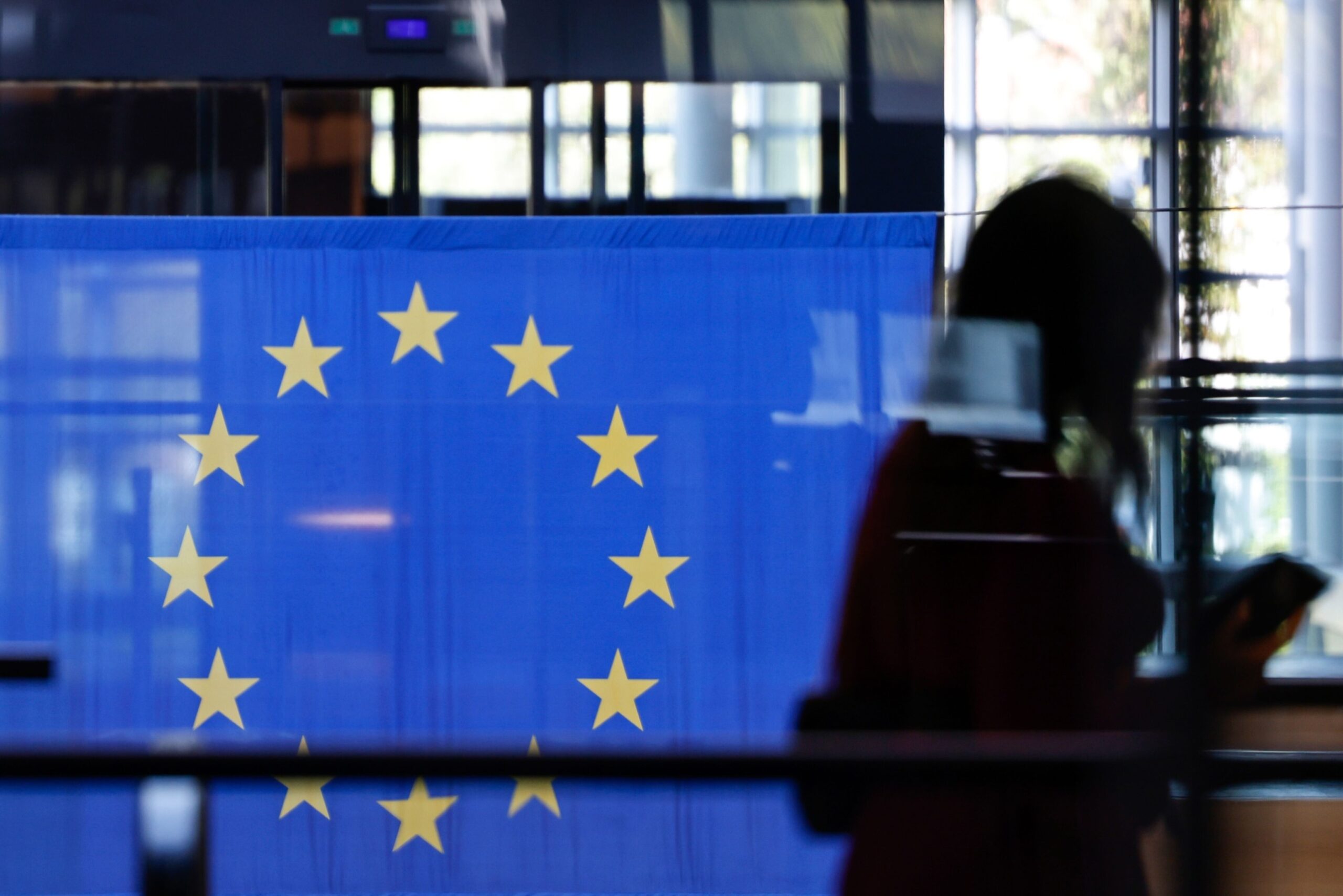
He wants the European Union as part of digital strategy Regulating artificial intelligence (AI) in order to create better conditions for the development and use of this innovative technology. As the European Parliament wrote on its website, the AI Act aims to ensure that AI systems used in the EU are safe, transparent, traceable, non-discriminatory and environmentally friendly. It seems good at first, but on second glance there is a problem. Therefore, the United States warned the European Union against what it was proposing Regulation law Artificial intelligence poses risks. On the one hand, this may lead to a loss of competition. On the other hand, it will favor companies that have the resources to cover compliance costs. On the other hand, small businesses will suffer under the law, according to previously unpublished documents obtained by Bloomberg News.
Artificial intelligence law restricts competitiveness
The US analysis focuses primarily on the European Parliament’s version of the Artificial Intelligence Act, which contains rules for generative artificial intelligence. The documents show that some of the rules in the Parliament Act are based on “vague or undefined” terms.
This analysis is Washington’s most detailed statement on EU legislation, which could provide guidance for other countries enacting AI regulations. One US concern is that the European Parliament is focusing on how to develop AI models, while the US prefers an approach that focuses on the risks associated with the actual use of these models.
The analysis warns that the EU rules risk “undermining the expected increase in productivity and potentially leading to an exodus of jobs and investment to other markets.”
The new rules are also likely to “hinder investment in AI research and commercialization in the EU and limit the competitiveness of European companies” because training large language models is resource intensive, the analysis said.
US concerns
The US State Department’s comments, including a detailed review of some provisions of the law, have been shared with European counterparts in recent weeks, according to people familiar with the matter who declined to talk about the documents.
One of these people said the comments were made in the spirit of cooperation and alignment of values. The source said that some American concerns were addressed by European Union member states in response to the European Parliament’s version.
The Foreign Ministry and the European Commission declined to comment.
The EU Parliament’s AI law, which lawmakers voted on in June, will require more transparency about the source materials used to train the large language models that underpin most generative AI products. This vote paved the way for negotiations between Parliament, the European Commission and Member States. Officials hope to reach agreement on final rules by the end of the year.
The US analysis is in line with calls from the US State Department for a more flexible approach to technology so as not to stifle innovation. At a meeting with Commission officials in Sweden at the end of May, Secretary of State Antony Blinken spoke out against a number of proposals from the EU Parliament to govern generative AI.
EU: Losing competition through over-regulation
Meanwhile, Washington has sent mixed messages to EU decision-makers about its views on regulation. When the committee first proposed the AI Act in 2021, the United States resisted. But now some US officials are starting to view the mandatory rules more favorably, while artificial intelligence developers and ethicists warn of the potential dangers of the technology.
It’s important for countries’ AI regulations to agree on basic things, including definitions, said Aaron Cooper, head of global policy at BSA The Software Alliance, a trade group that has negotiated with US and EU officials on AI regulation.
“The most important thing the Biden administration can do is continue to have an open conversation with its European counterparts about AI policy goals,” Cooper said.
While the EU is pushing forward with AI law, it is still debating how to regulate the core elements of this technology, so-called core models, and general artificial intelligence. Some countries fear that over-regulation of technology will make Europe less competitive.
After OpenAI introduced ChatGPT last year, sparking a boom in generative AI, the European Parliament added regulations specifically targeting this technology.
Previous versions of EU law on AI followed the risk-based approach favored by the United States to regulate AI. This approach was also outlined in a framework issued earlier this year by the Department of Commerce’s National Institute of Standards and Technology.
FMW/Bloomberg

“Certified tv guru. Reader. Professional writer. Avid introvert. Extreme pop culture buff.”

![“Pikmin Bloom” Find the differences in honor of Children's Day!! Trump's status report is so useless that you can't help but laugh[Playlog #621]|. Famitsu application[موقع معلومات ألعاب الهاتف الذكي]](https://app.famitsu.com/wp-content/uploads/2024/05/8b2c6bdec98dc30711a5e845d65a4eb9-506x254.jpg)




More Stories
The Allen-Essingen Center for Electrical Technology opens its doors
Will sodium ion batteries replace lithium ion technology soon?
Kaspersky controversy: Revealing the use of artificial intelligence in Russian military drones